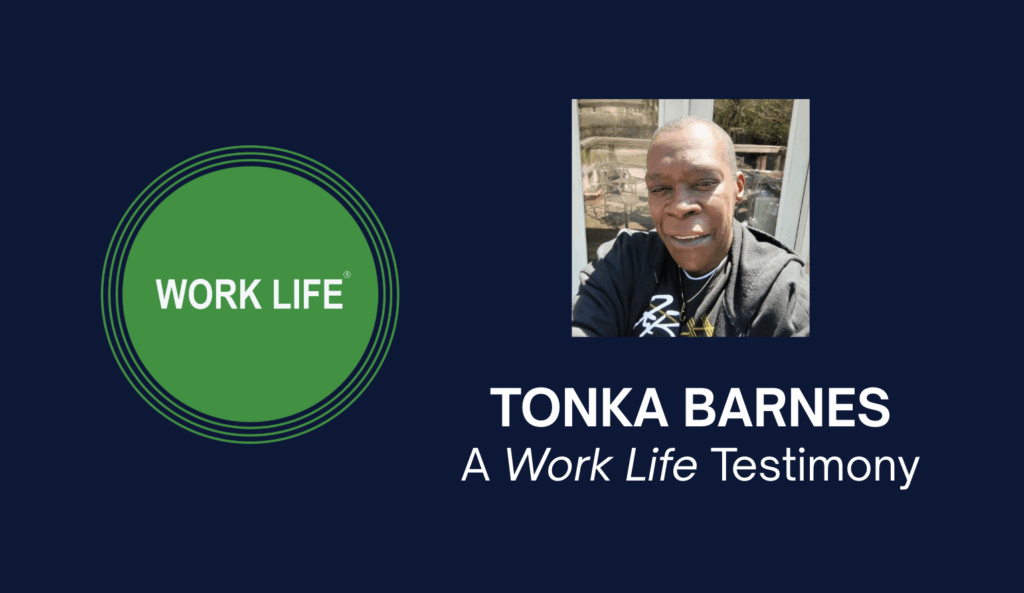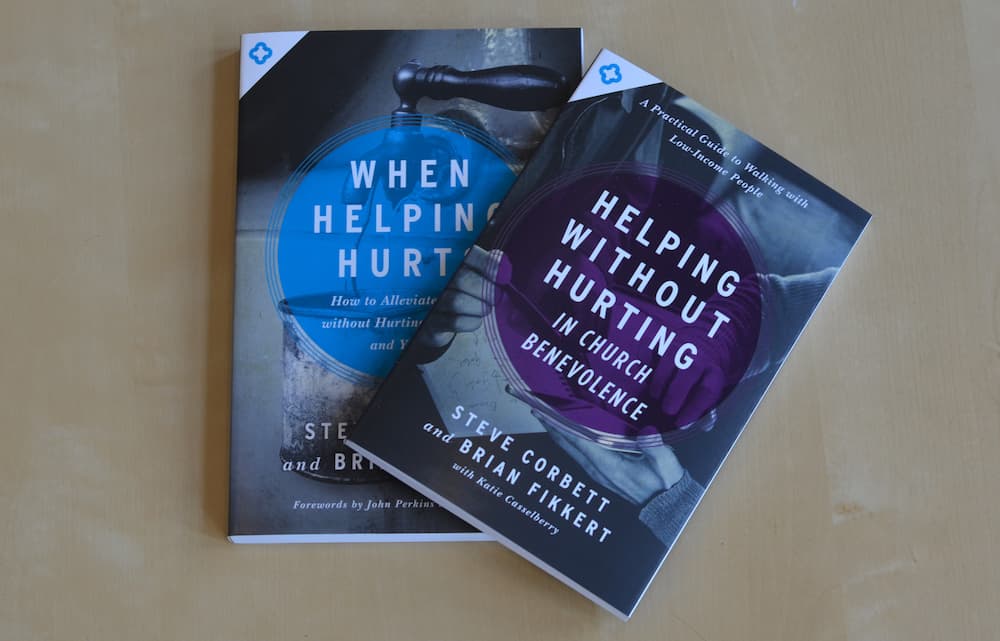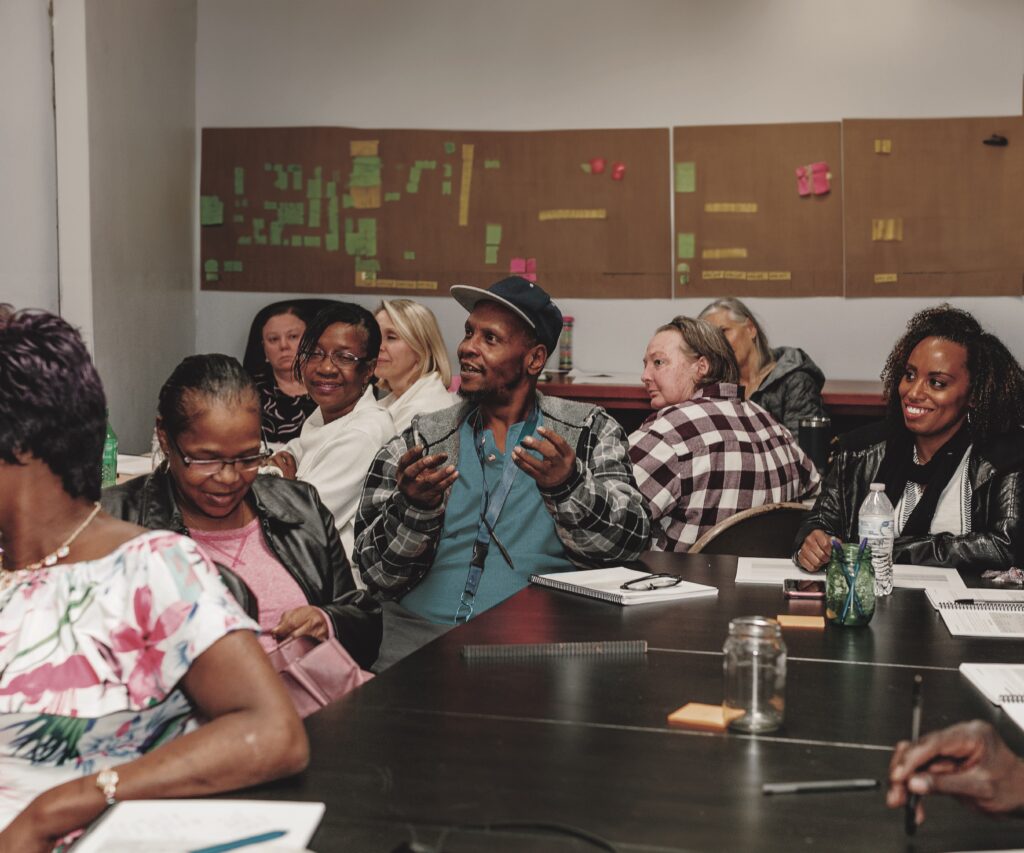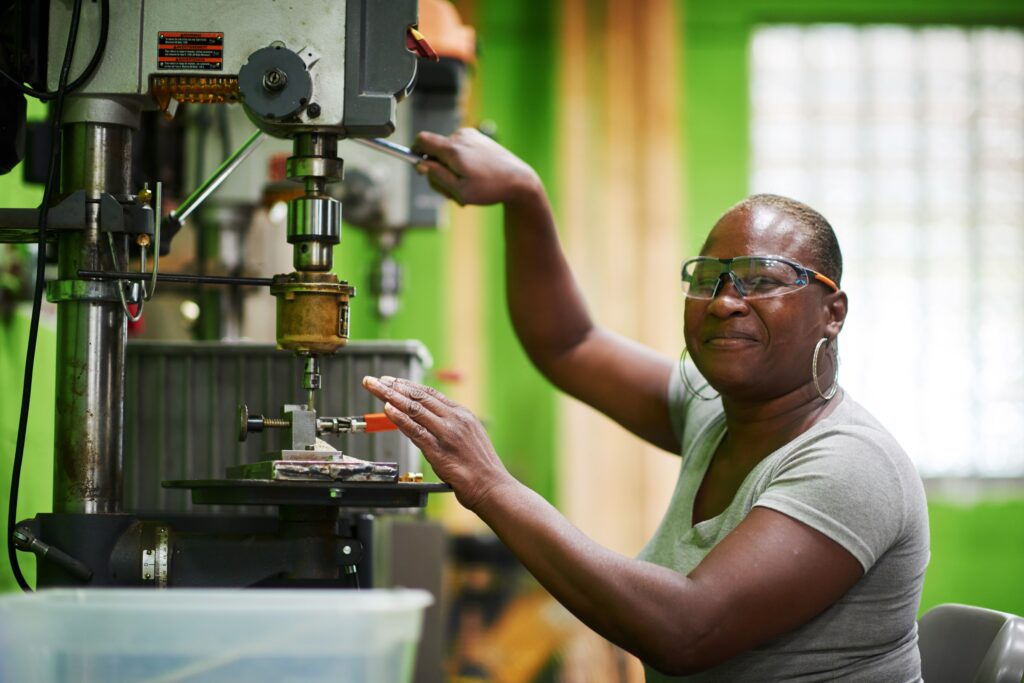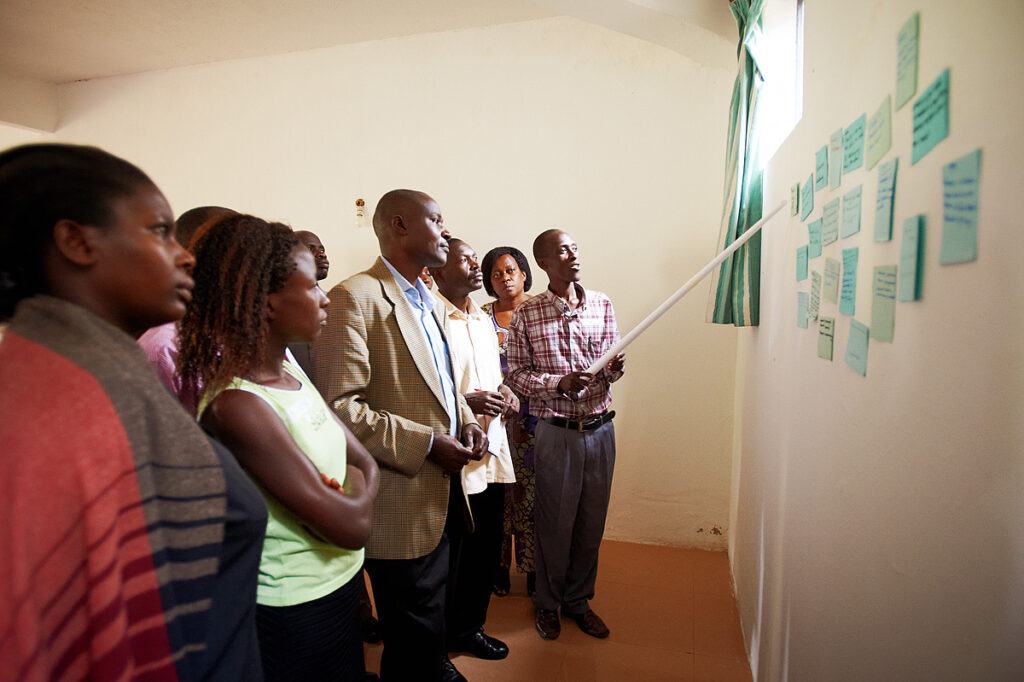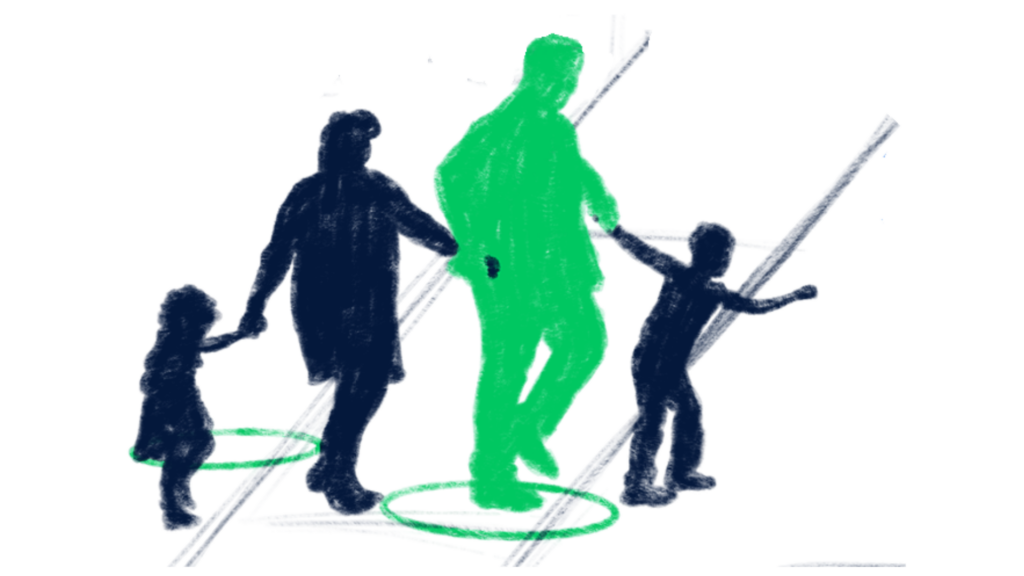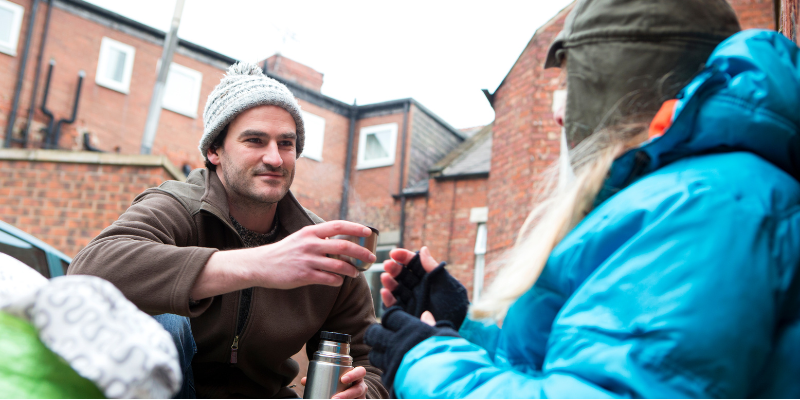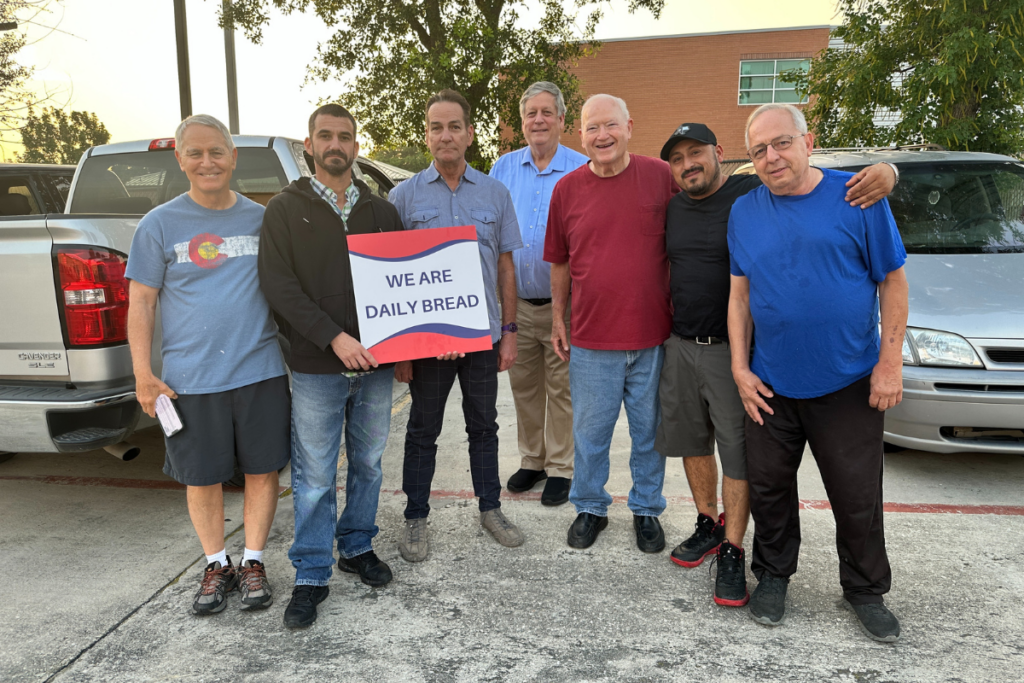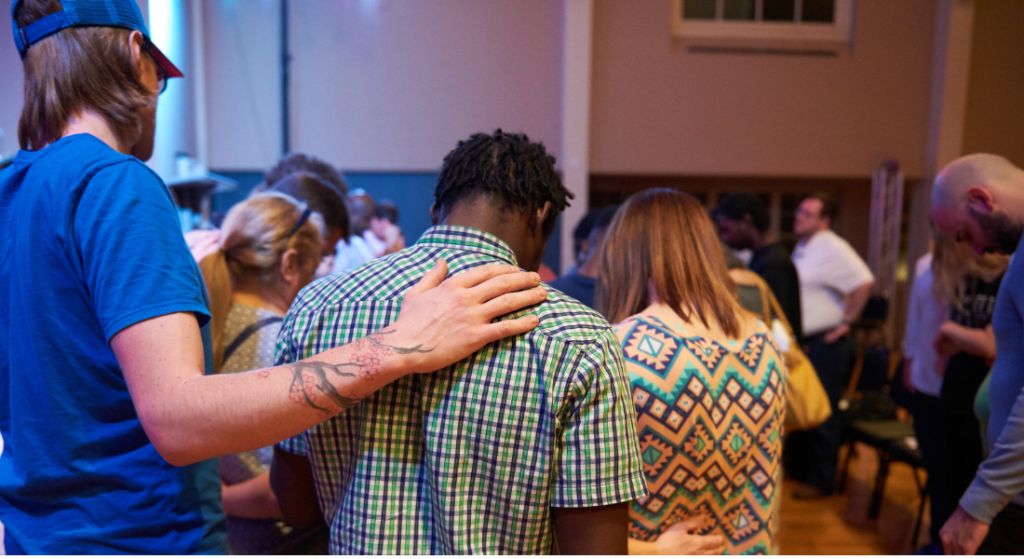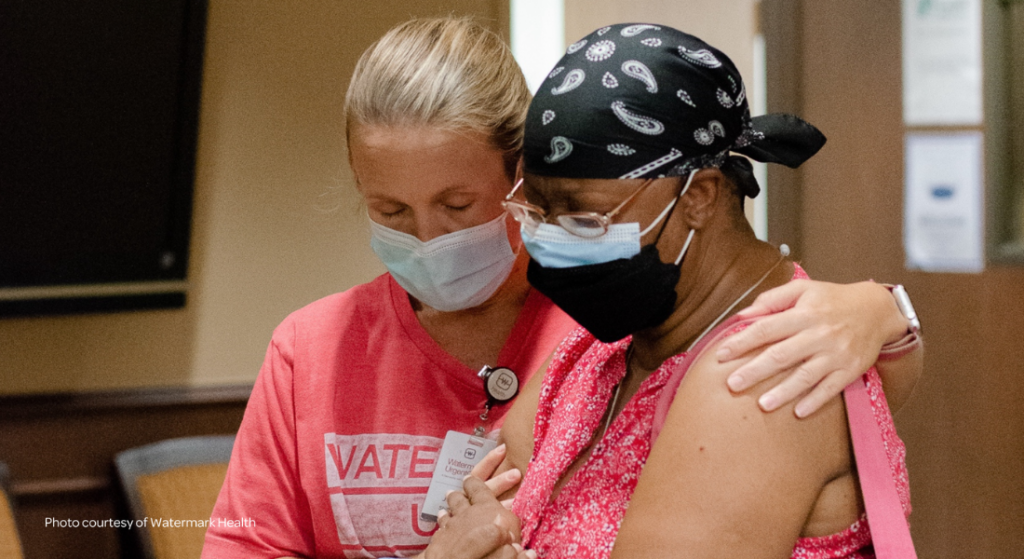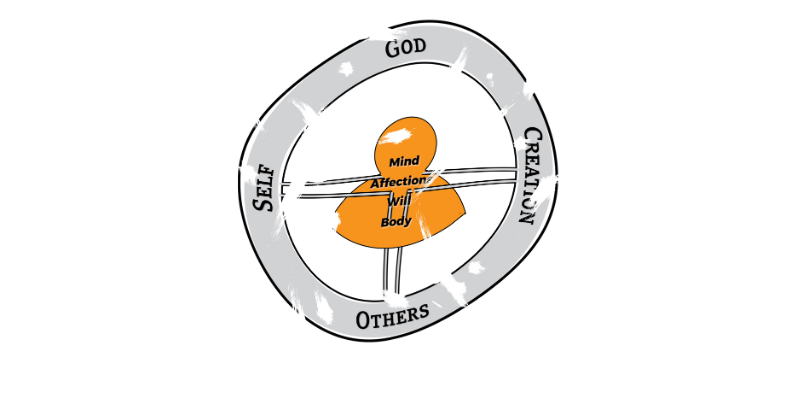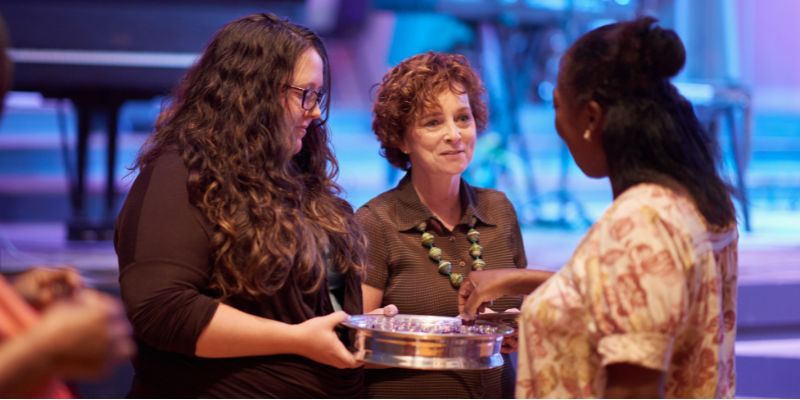Search
Categories
Tags
Posts in “Helping without Hurting”
Benevolence As a Posture, Not Just a Ministry
When Chalmers published When Helping Hurts in 2009, our team had already been thinking about, teaching, and practicing a theology of poverty and poverty alleviation for a long time.
Financial Literacy: More than Just the Facts
April is recognized as National Financial Literacy Month. Here’s a question to ponder: why don’t more Americans make better decisions in managing their finances? Is it simply that they need better information?
Exchange Models Done Well: Eight Ways to Empower Without Exploiting
or most able-bodied adults, paid employment is essential to the long-term path out of poverty. To effect that outcome, many churches and ministry organizations use a partial-exchange, intermediate-steps model that teaches the skills necessary to succeed in the marketplace.
The Poison of Paternalism: Adapted from 𝘞𝘩𝘦𝘯 𝘏𝘦𝘭𝘱𝘪𝘯𝘨 𝘏𝘶𝘳𝘵𝘴
Having a clear understanding of the different ways to help people in material poverty is essential to recognizing why choosing the right approach matters. To illustrate this, consider the consequences of misunderstanding and unintentionally applying it in ways that cause greater long-term harm, leading to dependency, wasted resources, and even the erosion of local capacities that are crucial for sustainable progress.
Remembering Why We Give: Incarnational Presence
Last month, we highlighted U.S. federal funding cuts and their impact on our ministry partners and global relief and development efforts. We urged you to respond by giving generously, encouraging affected organizations, and praying fervently—with a promise of next steps in the coming weeks.
Applying the Right Response—Relief, Rehabilitation, and Development
Our goal in walking alongside any community in poverty should be working to help people move from a less stable to a more stable position. However, it is important to always keep in mind that poverty can come in many different forms, each requiring a different approach. Thus, our understanding of these different conditions is key to ensuring we respond to communities with the right kinds of help.
– Jonathan Wiles, Chief Operating Officer, Living Water International
A Time to Pray, a Time to Give Generously
It is a consistent theme of Scripture that those blessed with power and wealth have a special responsibility to administer justice and mercy for those who are in danger or in need. Leaders should use their influence so that the least among us—the fatherless, the widow, the sojourner, and the poor—have a faithful advocate in the halls of power.
Recognizing What People In Poverty Need
It’s easy for most of us to conceptualize a fairly simplistic picture of what poverty looks like. In turn, that overview can generate equally simplistic solutions or treatments. For many, we may have an image in our minds of a destitute population lacking necessary materials for survival. On paper, it seems as though simply providing people in poverty with what they seem to need will solve the problem. While this may provide temporary relief to those in need, it is often only a small adjustment to a much larger problem.
People and Processes Over Projects and Products
The goal of poverty alleviation is to see people restored to being who God created them to be. We want to see people understand that they are created in the image of God with the gifts, abilities, and capacity to make decisions and to effect change in the world around them. We want to see people steward their lives, communities, resources, and relationships in order to bring glory to God. In short, we want to see them become people who enjoy flourishing in their relationships with God, self, others, and creation. These changes tend to happen in highly relational, process-focused ministries more than in impersonal, product-focused ministries.
Agents of Reconciliation
The New Testament consistently describes Jesus’ work on the cross as “reconciliation” (Col. 1:20. etc.), which means putting things back into right relationship again. The Apostle Paul also teaches that we also have a role in reconciliation.
Understanding Our Vision for Poverty Alleviation
If we want to see an end to material poverty, we need a clear vision of what this looks like. Just as our diagnosis of the causes of poverty shapes the remedies we pursue, so too does our idea of the ultimate goal of poverty alleviation.
Helping without Hurting in Holiday Giving: Moving Beyond Handouts
As the holidays approach, many churches and nonprofits undertake large-scale food and resource drives, attempting to tap into the spirit of abundance and generosity that characterizes Thanksgiving and Christmas celebrations in North America.
Understanding Poverty: A Brokenness That Affects Us All
Have you ever stopped to ponder the question, “What does it mean to be poor?” If poverty is rooted in the brokenness of the four key relationships, then the answer becomes clear: we are all affected by poverty. Because of the comprehensive nature of the fall, every human being experiences a form of poverty, a lack of fulfillment in the four key relationships—with God, ourselves, others, and creation. We’re unable to be what we were created to be and miss out on the joy that God intended for these connections. We’re like “square pegs in a round hole,” not quite fitting because we were shaped for something else.
Implications of the Four Key Relationships
In a previous post, we explored the significance of the four key relationships human beings are created to enjoy—with God, self, others, and creation. These relationships shed light on the complexity of human beings and help us unlock pathways toward effective poverty alleviation.


